Speculation Mounts: Examining The Leading Contenders To Replace Pope Francis
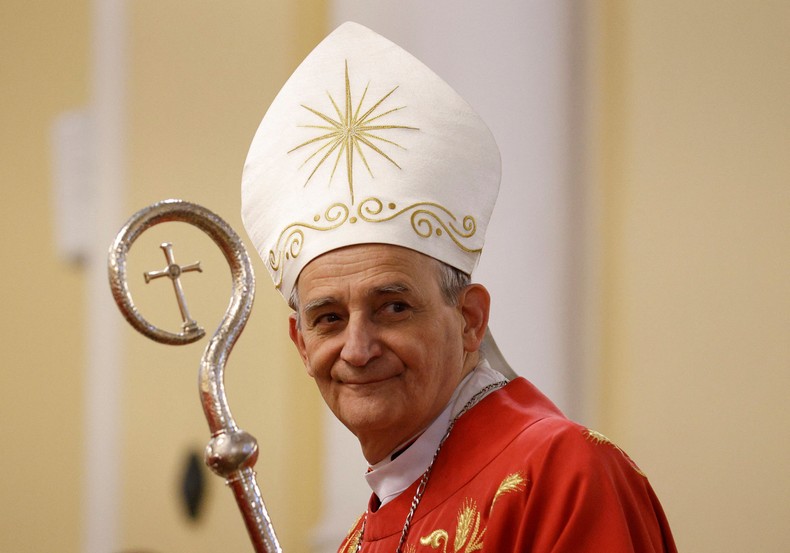
Table of Contents
Cardinal Buzz: Prominent Cardinals Frequently Mentioned
The Papal Conclave, a gathering of Cardinals to elect the next Pope, is a sacred and secretive process steeped in tradition. Choosing the next successor to Pope Francis will be a momentous decision, with profound implications for billions of Catholics worldwide. Several Cardinals are frequently mentioned as potential candidates for Pope Francis's successor. Their backgrounds, theological leanings, and administrative experience will undoubtedly shape the future direction of the Catholic Church.
Cardinal Luis Antonio Tagle:
- Theological Leanings: Known for his progressive and pastoral approach, Cardinal Tagle emphasizes social justice and the needs of the poor.
- Church Administration: He served as the Archbishop of Manila and has a strong track record in church administration and outreach programs.
- Global Influence: Highly respected for his engaging communication style and focus on interfaith dialogue, he has earned global recognition.
- Recent Actions Fueling Speculation: His consistent advocacy for the marginalized has fueled speculation about his potential to bring a fresh perspective to the papacy.
Cardinal Pietro Parolin:
- Theological Leanings: While not overtly progressive or conservative, Cardinal Parolin is considered a pragmatist with strong diplomatic skills.
- Church Administration: He currently serves as the Vatican Secretary of State, providing him with extensive experience in the inner workings of the Holy See.
- Global Influence: His role as the Vatican's top diplomat has given him significant global exposure and influence in international relations.
- Recent Actions Fueling Speculation: His management of the Vatican's diplomatic relations and his handling of various global crises have placed him in the spotlight.
Cardinal Gerhard Müller:
- Theological Leanings: A prominent figure known for his conservative theological views, Cardinal Müller emphasizes traditional doctrine and orthodoxy.
- Church Administration: He served as the Prefect of the Congregation for the Doctrine of the Faith, a crucial role in upholding Catholic teaching.
- Global Influence: His strong adherence to traditional Catholic teachings has earned him both support and criticism from various factions within the Church.
- Recent Actions Fueling Speculation: Despite his retirement, his outspoken views continue to contribute to discussions regarding the future of Catholic doctrine.
These leading Cardinals represent a spectrum of viewpoints, promising a diverse range of potential paths for the Catholic Church under a new Pope. Their diverse backgrounds and theological perspectives will significantly influence the future direction of the Church.
Theological Considerations: Potential Shifts in Papal Doctrine?
The election of Pope Francis' successor will undoubtedly have significant implications for Papal doctrine and the overall trajectory of the Catholic Church. The next Pope's theological stances will shape the Church's approach to pressing contemporary issues.
Doctrinal Conservatism vs. Progressive Reform:
The next Pope's stance on issues like women's ordination, LGBTQ+ inclusion, and the use of contraception will greatly determine the future direction of Catholic doctrine. A more conservative Pope might lead to a stricter adherence to traditional teachings, while a more progressive Pope could initiate reforms and broaden the Church's inclusivity.
Social Justice Issues:
The new Pope's commitment to social justice issues – poverty, climate change, and migration – will significantly impact the Church's engagement with global challenges. A focus on these issues could lead to more impactful social outreach programs and greater advocacy for marginalized communities.
Modernization and Tradition:
Balancing the preservation of traditional practices with the need for adaptation to modern challenges will be a critical task for the next Pope. Specific examples include adapting liturgical practices to contemporary contexts while maintaining the essence of the Catholic faith. This balance will shape the Church's relevance and appeal in a rapidly changing world.
Geopolitical Implications: A Global Perspective on the Next Pope
The selection of the next Pope carries significant geopolitical implications, influencing the Catholic Church's global reach and engagement with international affairs. The geographical origin of the next Pope and his global networks will play a critical role in shaping international relations.
Regional Representation:
The choice of a Pope from a particular region can symbolize a shift in the Church's global focus and enhance its engagement with specific regions. This could have profound implications for the growth and development of the Catholic Church in different parts of the world.
International Relations:
The new Pope's international relations experience and his approach to global diplomacy will have far-reaching consequences. His views on political conflicts, international collaborations, and humanitarian efforts will significantly shape the Catholic Church's role on the world stage.
- A Pope from a specific region might prioritize building stronger relationships with nations in that region.
- A Pope with extensive diplomatic experience might adopt a proactive approach to conflict resolution and international cooperation.
The selection of the next Pope is a complex process with far-reaching implications.
Conclusion
The selection of Pope Francis' successor will be a pivotal moment for the Catholic Church. The leading contenders, with their differing theological and geopolitical perspectives, offer a diverse range of potential paths for the future. The upcoming Papal Conclave is not merely an internal Church matter; it carries global weight and will impact billions of Catholics worldwide. The next Pope will shape the Church's response to modern challenges, from climate change to social justice issues. Stay tuned for further updates on the leading contenders to replace Pope Francis as we continue to examine the implications of this momentous transition.

Featured Posts
-
 Calvin Kleins New Campaign With Lily Collins All The Details
May 11, 2025
Calvin Kleins New Campaign With Lily Collins All The Details
May 11, 2025 -
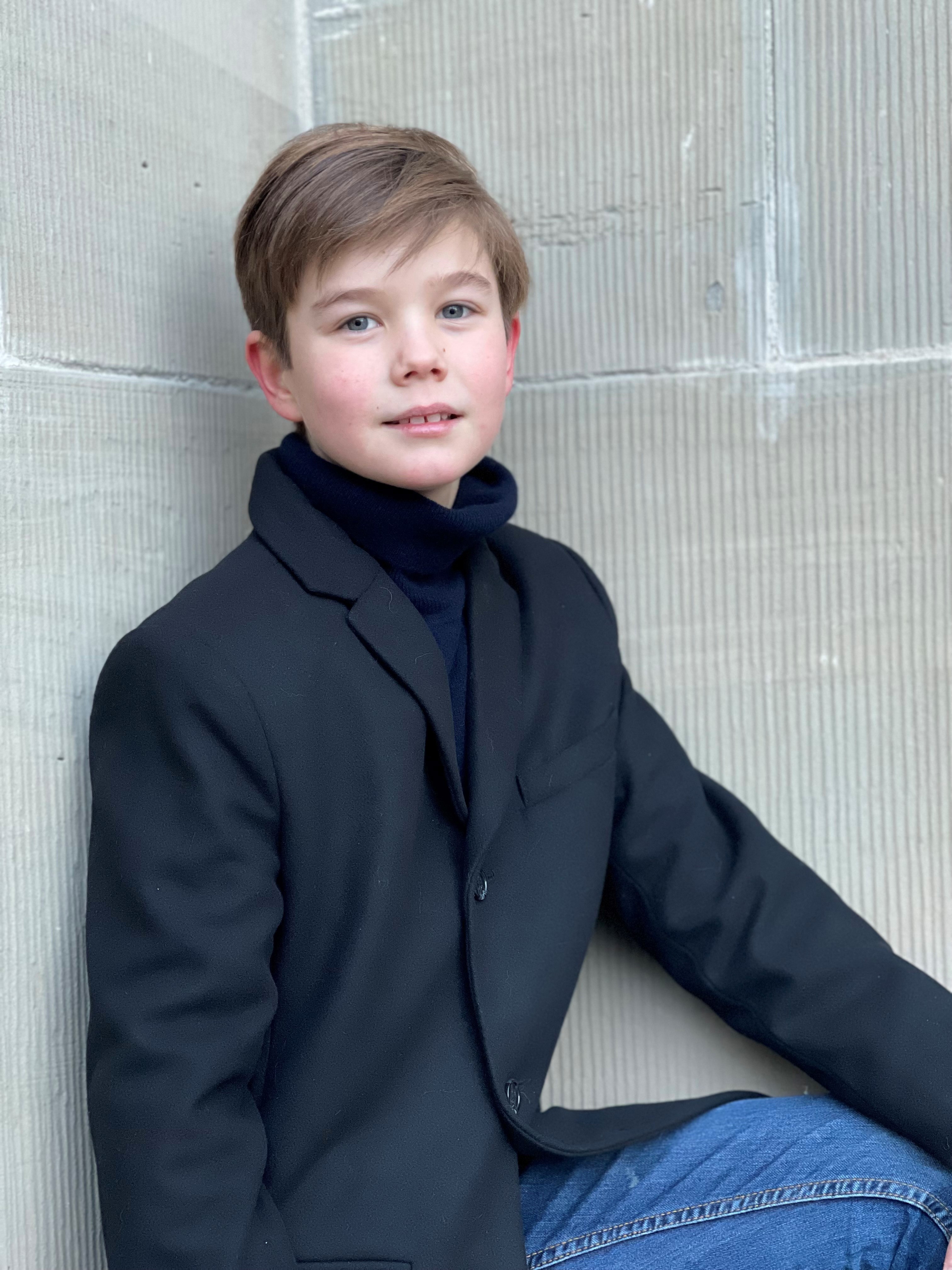 Virginia Giuffre Sannheten Bak Skandalen Som Rammet Prins Andrew Og Kongehuset
May 11, 2025
Virginia Giuffre Sannheten Bak Skandalen Som Rammet Prins Andrew Og Kongehuset
May 11, 2025 -
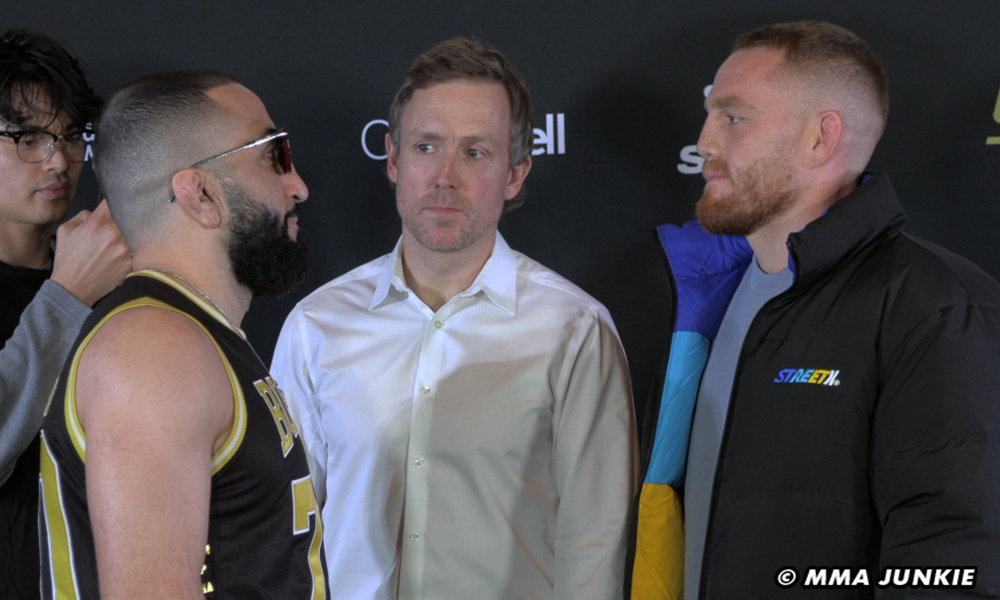 Ufc 315 Main Card Recap A Detailed Look At Muhammad Vs Della Maddalena
May 11, 2025
Ufc 315 Main Card Recap A Detailed Look At Muhammad Vs Della Maddalena
May 11, 2025 -
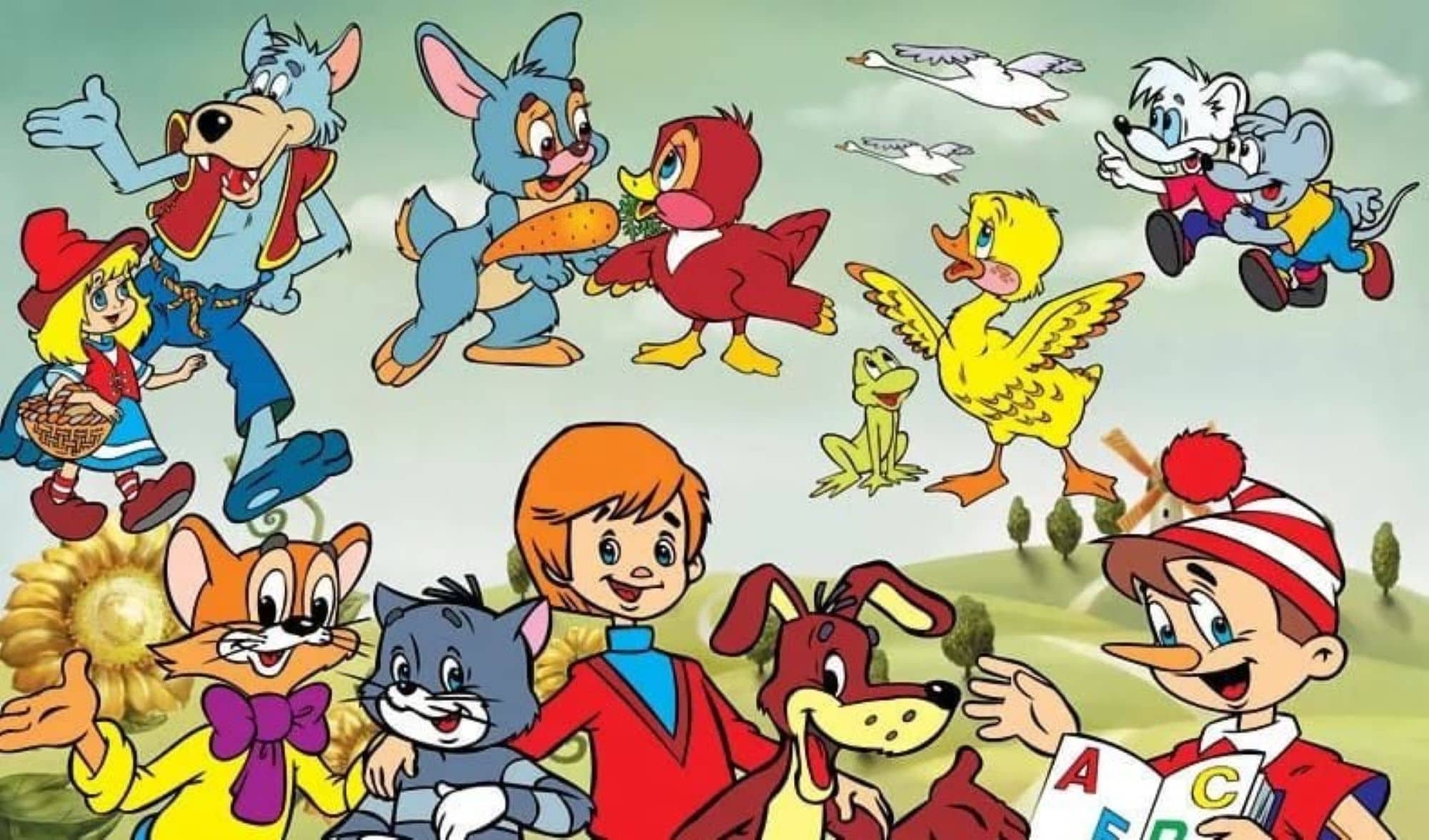 Boris Dzhonson Prodaet Fotografii S Soboy Pravda Ili Vymysel
May 11, 2025
Boris Dzhonson Prodaet Fotografii S Soboy Pravda Ili Vymysel
May 11, 2025 -
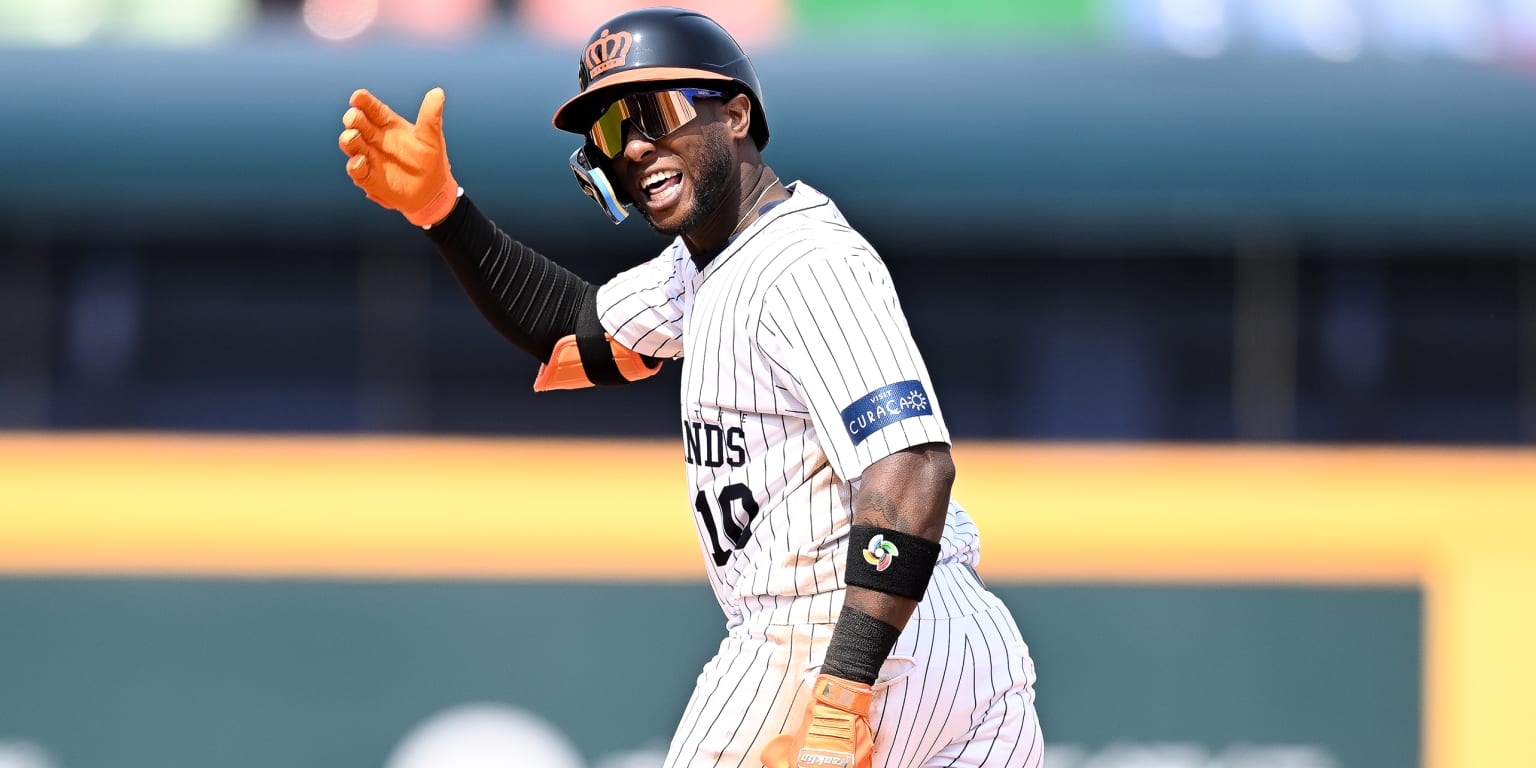 80 Game Suspension Mlbs Email To Jurickson Profar Explained
May 11, 2025
80 Game Suspension Mlbs Email To Jurickson Profar Explained
May 11, 2025
